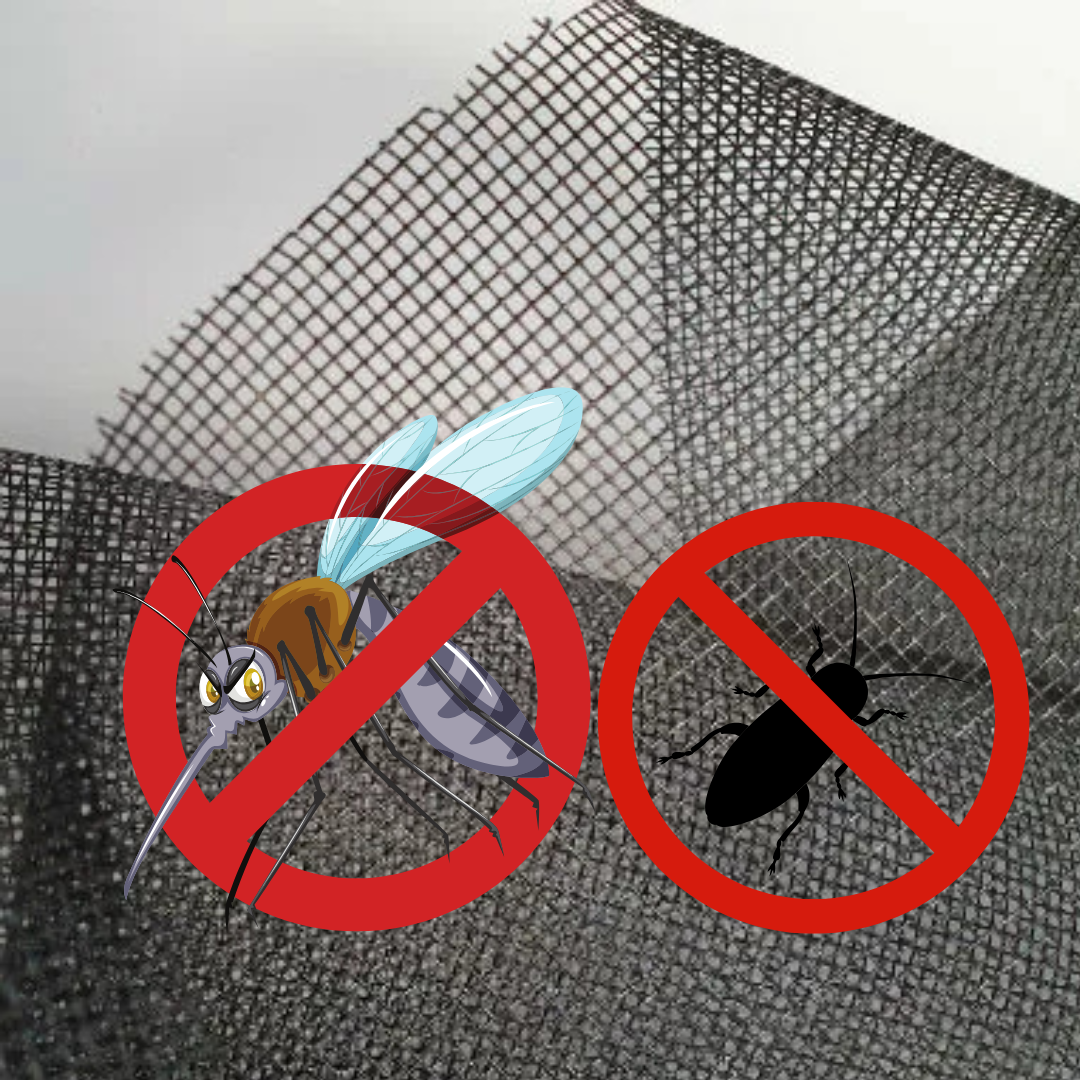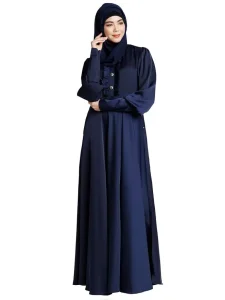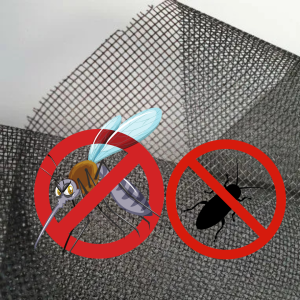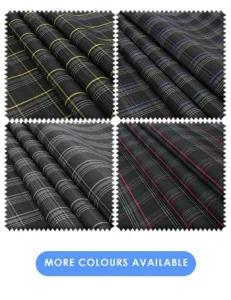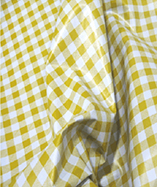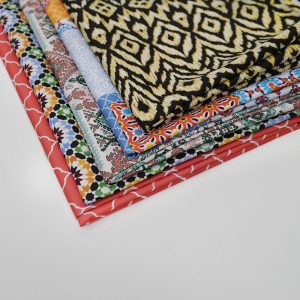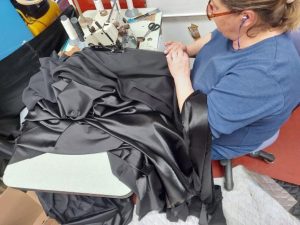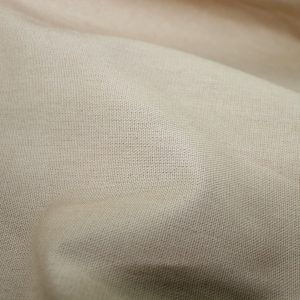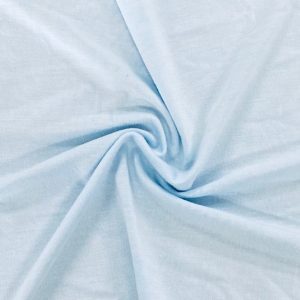Why You Should Know About Sustainable Clothing
It has been a long time coming for everyone to recognise that the environmental and ethical problems of the fashion industry needs to be taken seriously. Whilst change is occurring slowly, it is still not being placed under as much scrutiny as it should. In first world countries most people do not bear the brunt of the chemical pollution and low wages impacting other people’s lives currently and the lives of people in the future.
The topic of sustainability is very often perceived as a confusing one, and what consumers can really do about it is a vague area.Therefore
this post is about spreading the word further to remind and help us to
understand the issue better. I will admit that I haven’t given much thought to fabric sustainability prior to learning some quite surprising information, yet as I hope more people will too, I have come to realise how interested I am in making a change. This can be done through placing extra thought into your clothing consumption and attention to your purchasing decisions, which we may all find a good thing when it comes to our bank balance and cupboard organisation!
What processes go into making a garment?
This part is particularly important in making it clear where the all the complications of the industry can transpire. Processes include:
- Fibre production e.g. cotton, polyester, silk
- Yarn production
- Fabric weaving
- Fibre/ yarn/ fabric dying
- Fabric finishing- stonewashing, brushing, mercerising
- Research and design
- Manufacture of garments
- Selling to the customer
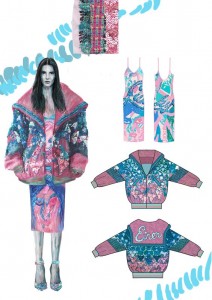
Why the fashion industry is responsible for environmental and ethical problems
Are new trends and seasonal clothing causing unsustainable fashion? Should we go back to vintage key pieces? Even if you don’t follow trends to the T, they can still become integrated into our purchasing decisions somehow. On average people have more clothes in their cupboards than they did years ago, before fast fashion began spiralling in the 90s and now continues to increase. The implication of this means that companies have to keep up with demand to supply more at lower prices. So a quicker turnover is needed and costs have to be cut for them to sell cheaper.
This creates intense over working for employees and for many brands this is not properly regulated especially further down the supply chain e.g. the production of cotton. It can be argued that it’s difficult for even companies with ethical intentions to control all of these processes, yet this is an argument or even an excuse and certainly not a solution. Everyone knows the “made in China” label and this is exactly where the quickest turnover over of apparel making comes from, accordingly they are the biggest producers of fast fashion. Overall fast fashion is causing pressure in the production and manufacturing processes in addition to the millions of tonnes of clothing that goes into landfill each year which is responsible for almost five per cent of landfills globally.
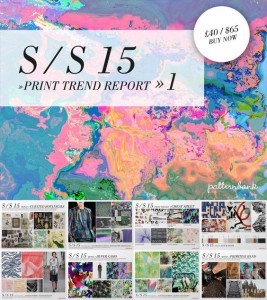
Keep an eye out for Part 2: on The Facts of Sustainable Fabrics. Don’t forget to like our Facebook page ⬇ Fabric UK for all the latest involving fabrics!
Fabric UK is your destination for all types of fabric. Whether you’re searching for fabric samples or purchasing by the meter, we make it easy to find exactly what you need.
You can order: Samples, Wholesale, Fabric by the meter
Fill Form for Free fabric samplesSimply visit our website at fabricuk.com or call us directly at 0121 359 2349 for any questions or inquiries.
Visit Our Fabric Showroom
Feel free to visit our fabric showroom anytime – no appointment is necessary!
KBT LTD, Carlton Business Centre, 132 Saltley Road, Birmingham, B7 4TH, United Kingdom
Email Us:
You can reach us at: info@fabricuk.com
Showroom Hours:
- Monday – Friday: 9:30 am – 6:00 pm
- Saturday: 10:00 am – 5:00 pm

